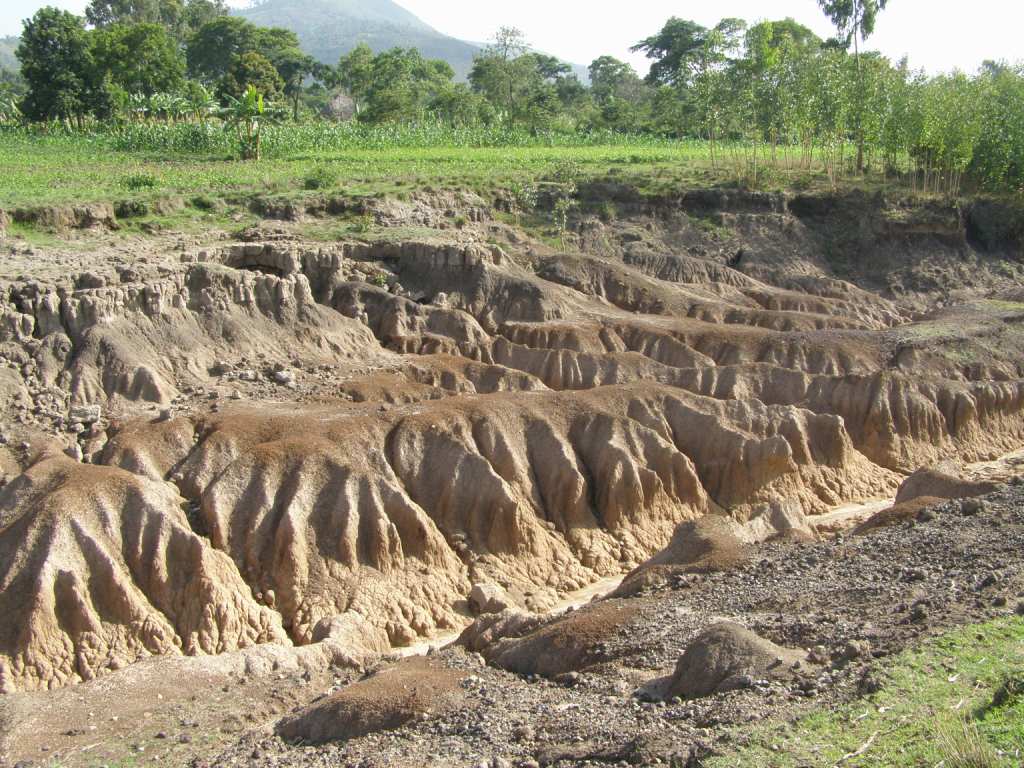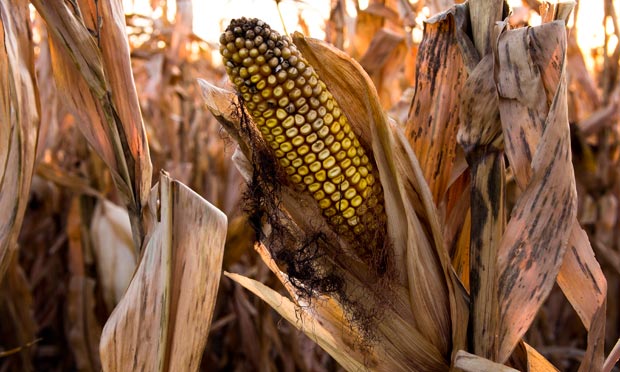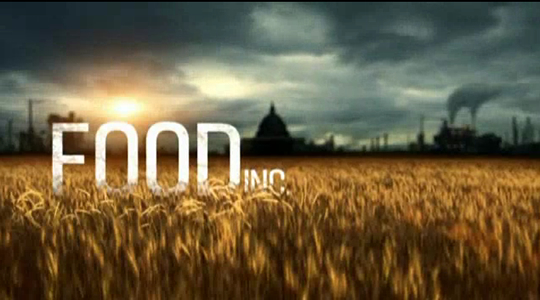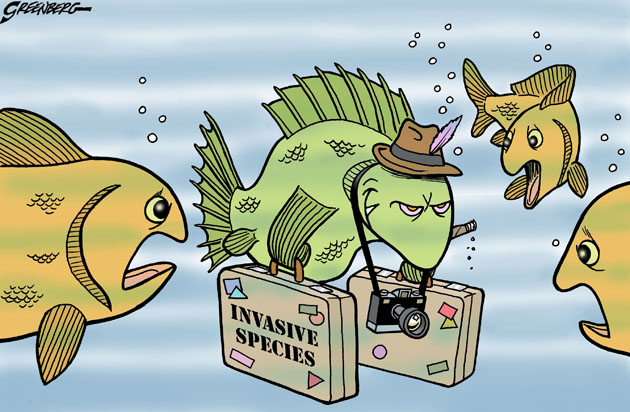 |
| Source: http://media-2.web.britannica.com/eb-media/41/91641-004-842864B7.jpg |
 |
| Source: http://gryllus.net/Blender/PDFTutorials/07BGlobe_iTunesU/EarthMap.jpg |
Now the earth charter is a wonderful preamble to go by. Broken into four core principals, they represent key ideologies that would benefit the planet in the long run. Principal one of the Earth Charter states "Respect and care for the community of life." Our visit at CIW really was considered to be an eye opener, as I did not realize issues of mistreatment took place right in our own back yard. In order to improve our natural quality of life, issues like these must be dealt with as soon as possible, ensuring that everyone receives equal treatment in including but not limited to finances and societal cultures.
Principal two of the Earth Charter states "Ecological Integrity." I felt that I understood this principal when walking through the cypress domes located near campus. It is important to have biological diversity as they "hold" other organism's lifelines if something they depend on goes extinct. The cypress domes for example, provide adequate shade for other organisms lurking in the swamp, aiding predator or prey. Trekking through the swamp's dark waters was incredibly satisfying, but it made me learn a new aspect when it came to Ecological Integrity.
Principal three of the Earth Charter states "Social and Economic Justice." Again, going back to our visit at CIW, this was severely lacking towards farmers and pickers who worked long hours on the field. Not to mention the staggering $700 a week renting prices for migrant workers, which forces them to overcrowd in order to have a decent enough roof over their heads. Society as a whole needs to have economic activites and institutions that promote human development, and recognize labor laws in order to pave the way to a brighter future.
Principal four of the Earth Charter states "Democracy, Non-Violence, and Peace." One of it's subsections states "Integrate into formal education and life-long learning the knowledge, values, and skills needed for a sustainable way of life." This accurately describes University Colloquium entirely. In order for our youth to facilitate a natural and better understanding of the environment and the world around them, they must be taught these principles directly in the classroom. By not educating values and knowledge into our youth, we risk growing an ignorant society not knowing cause and effect. Not only does the education benefit our society, but it benefits our world as well.


%5B1%5D.jpg)













